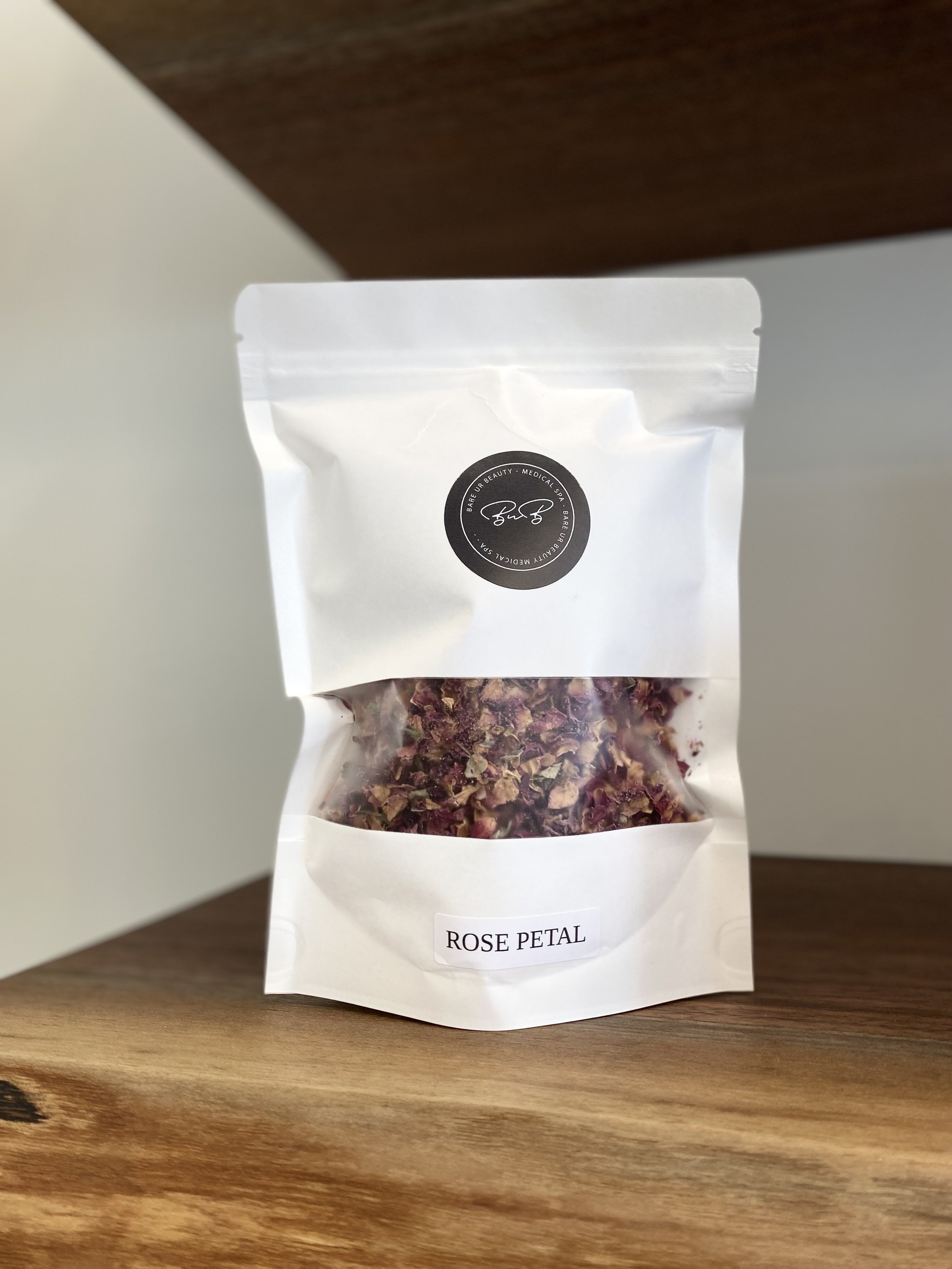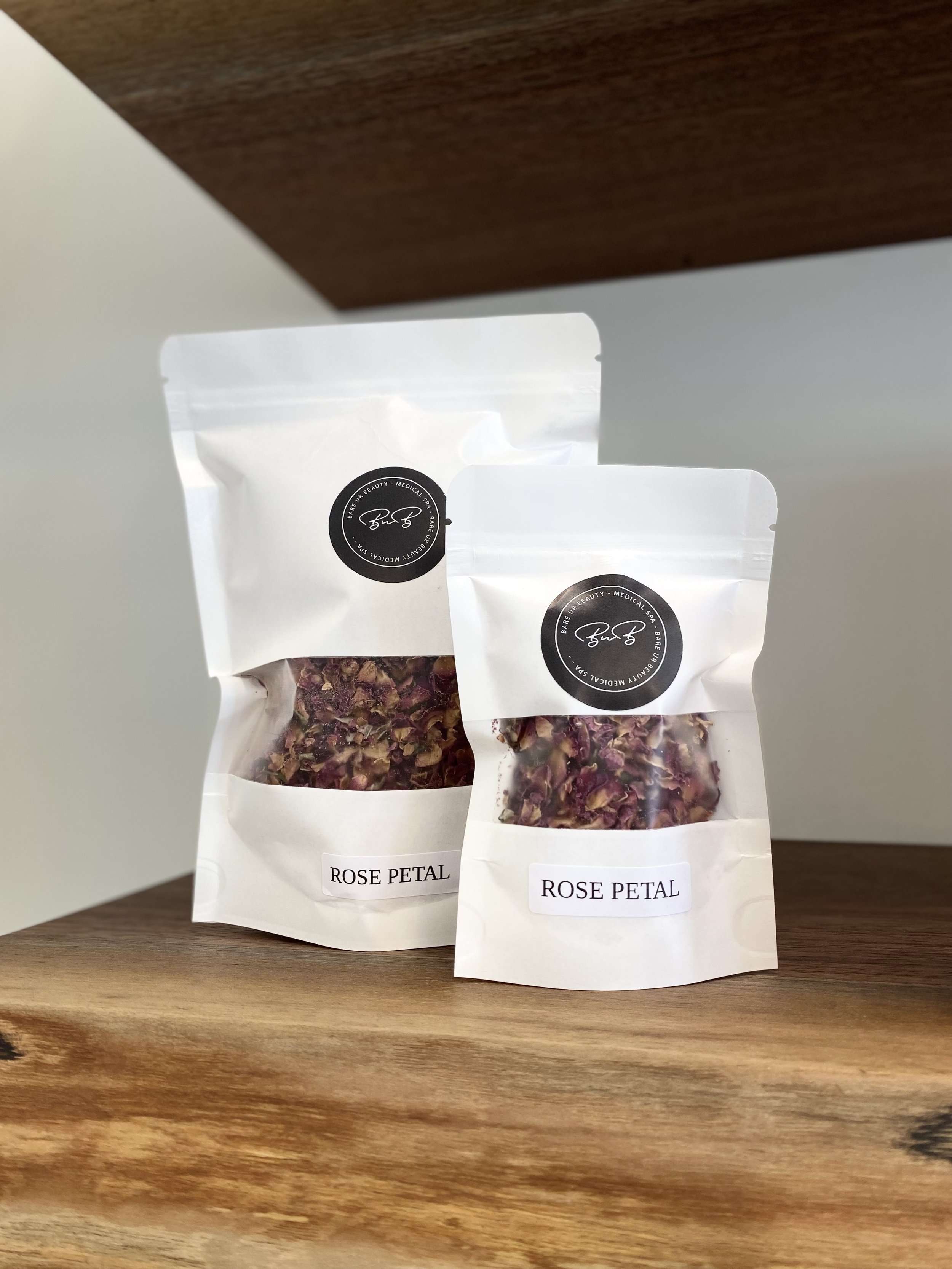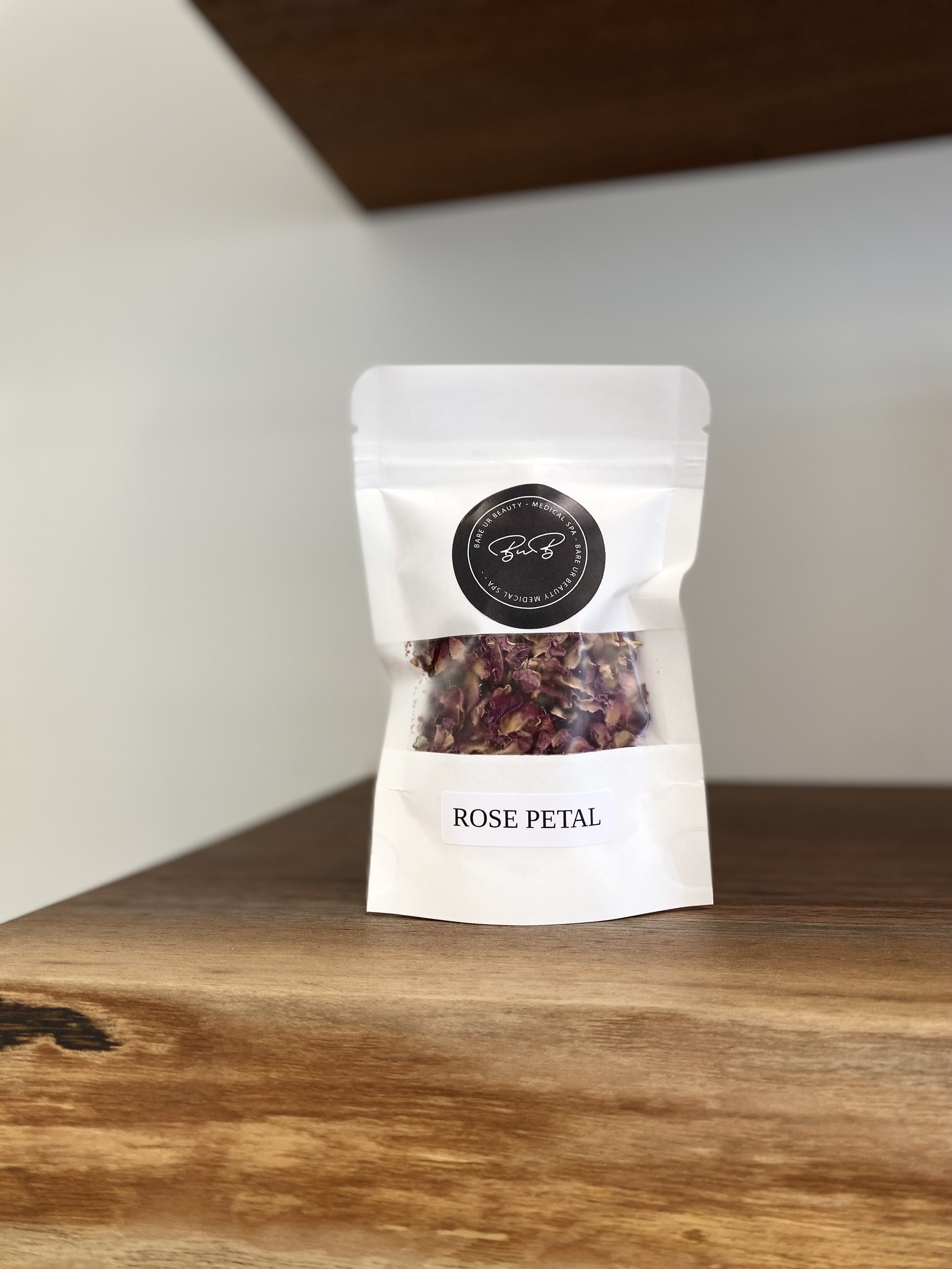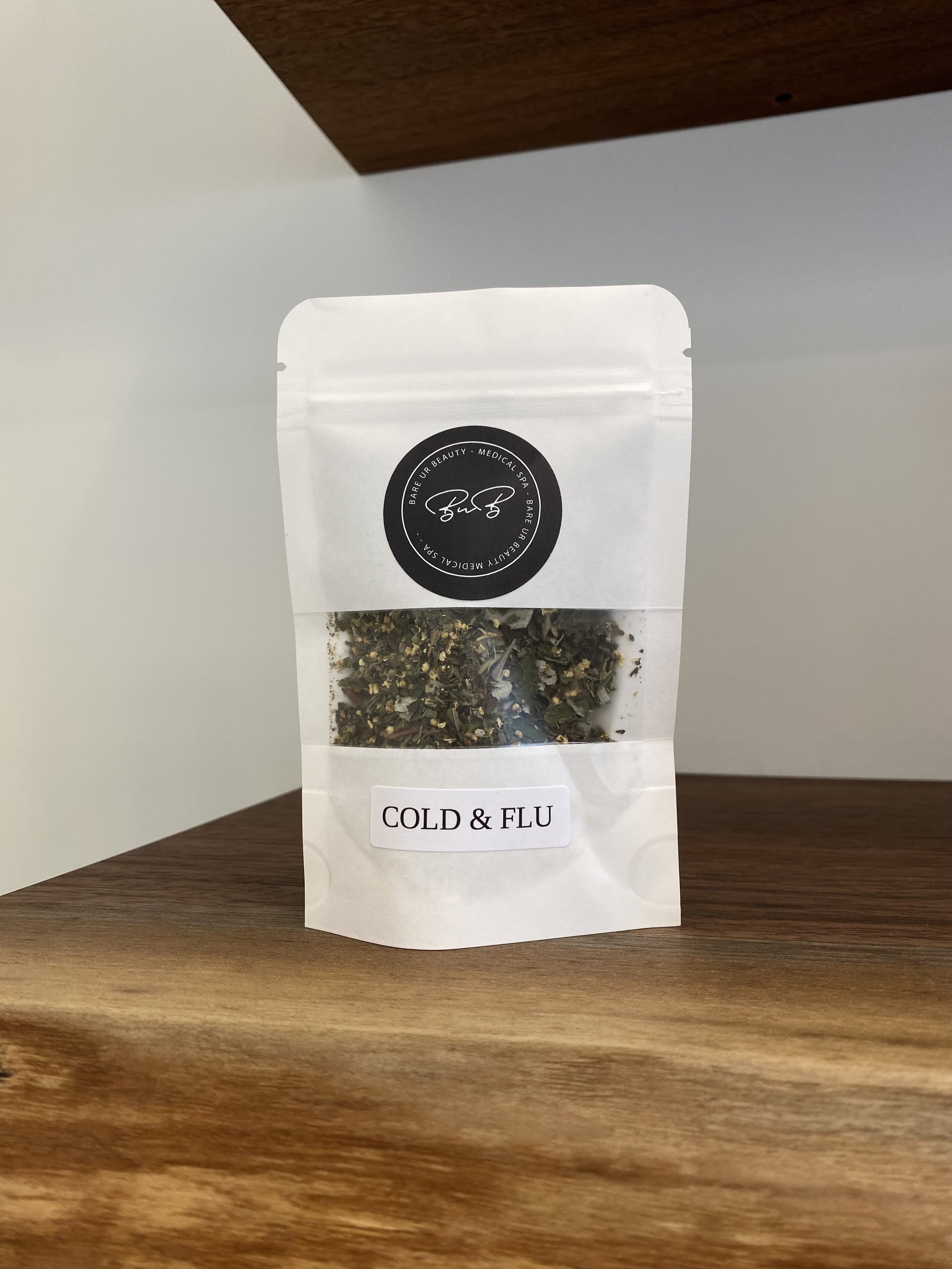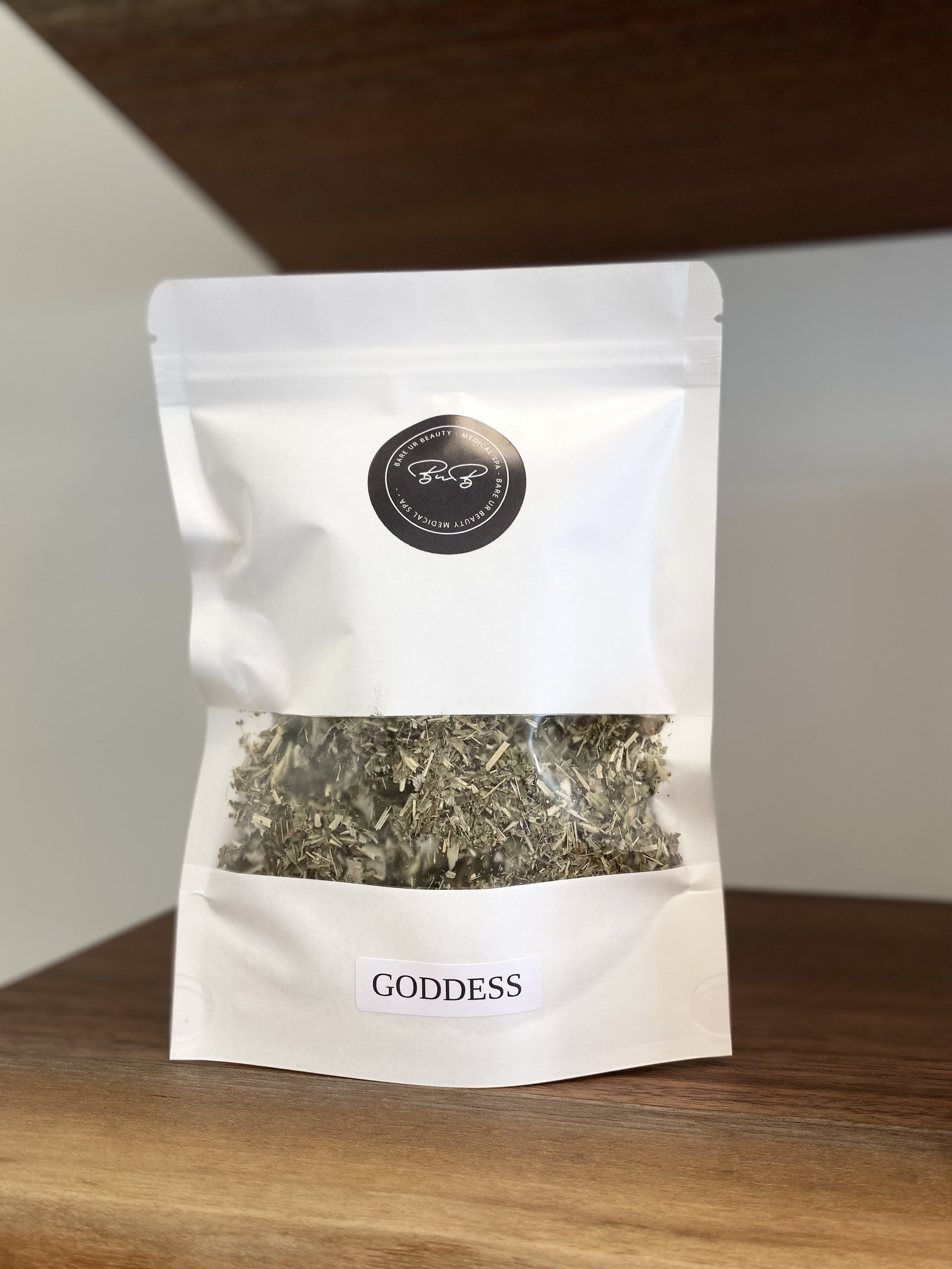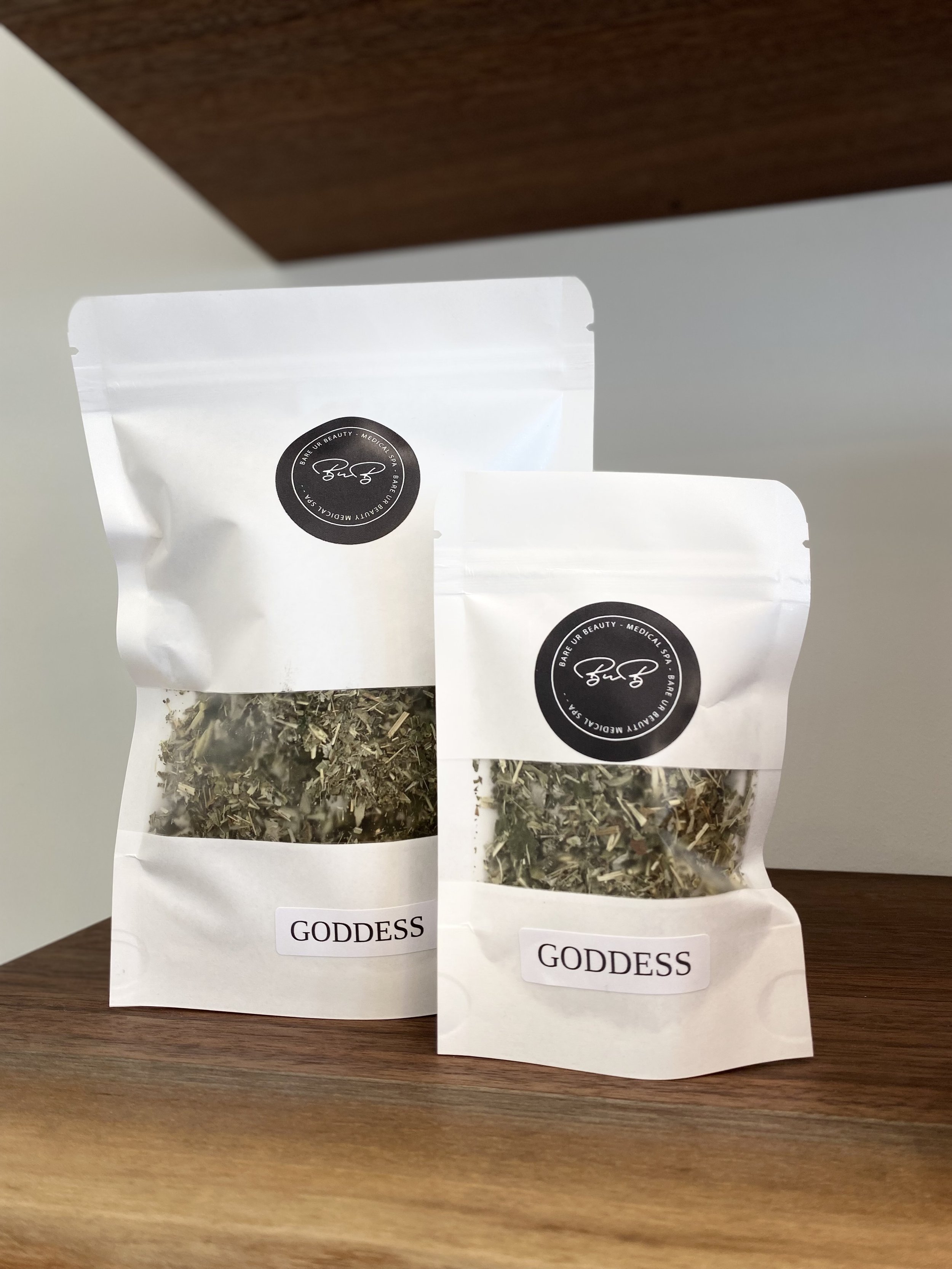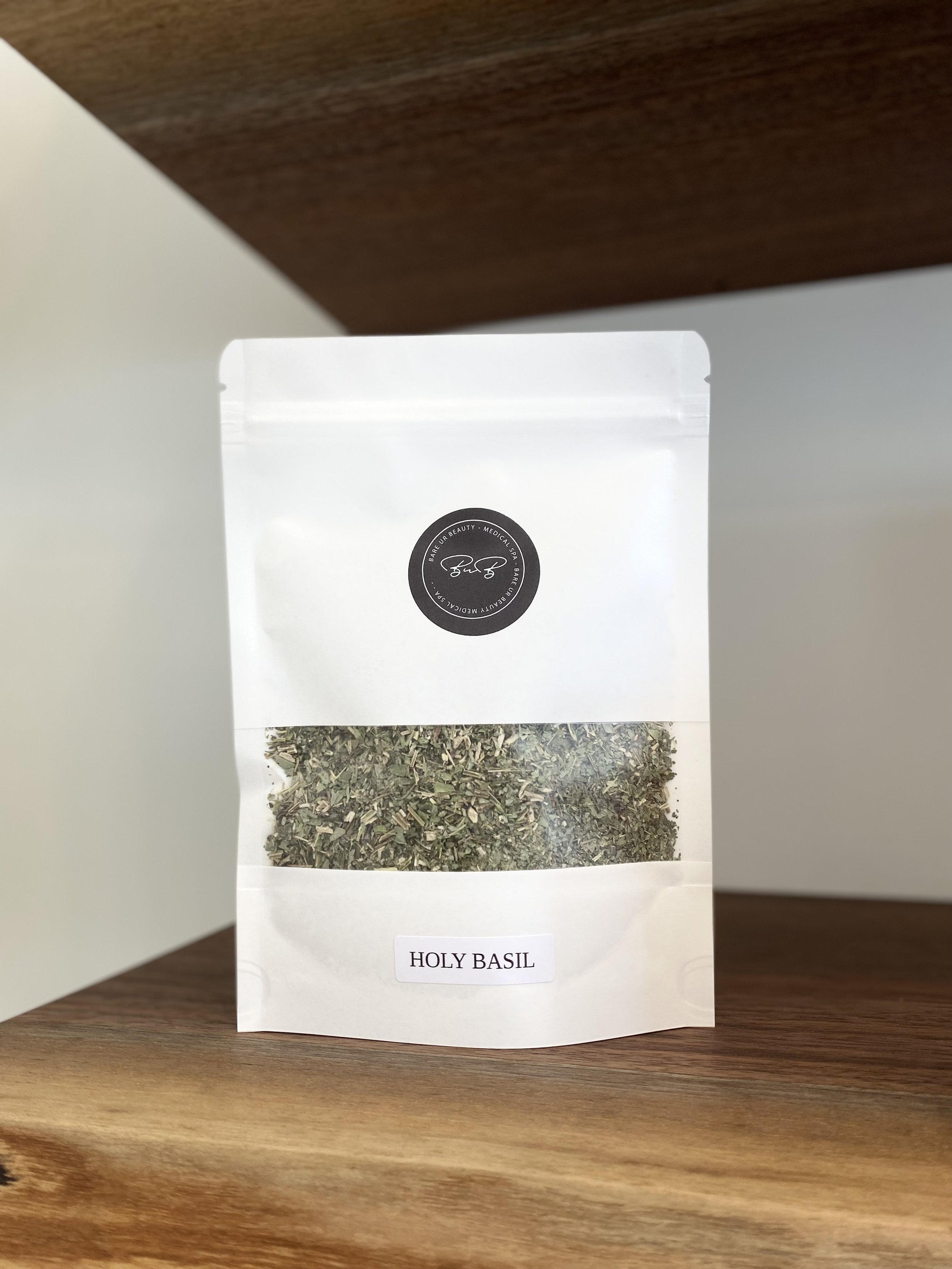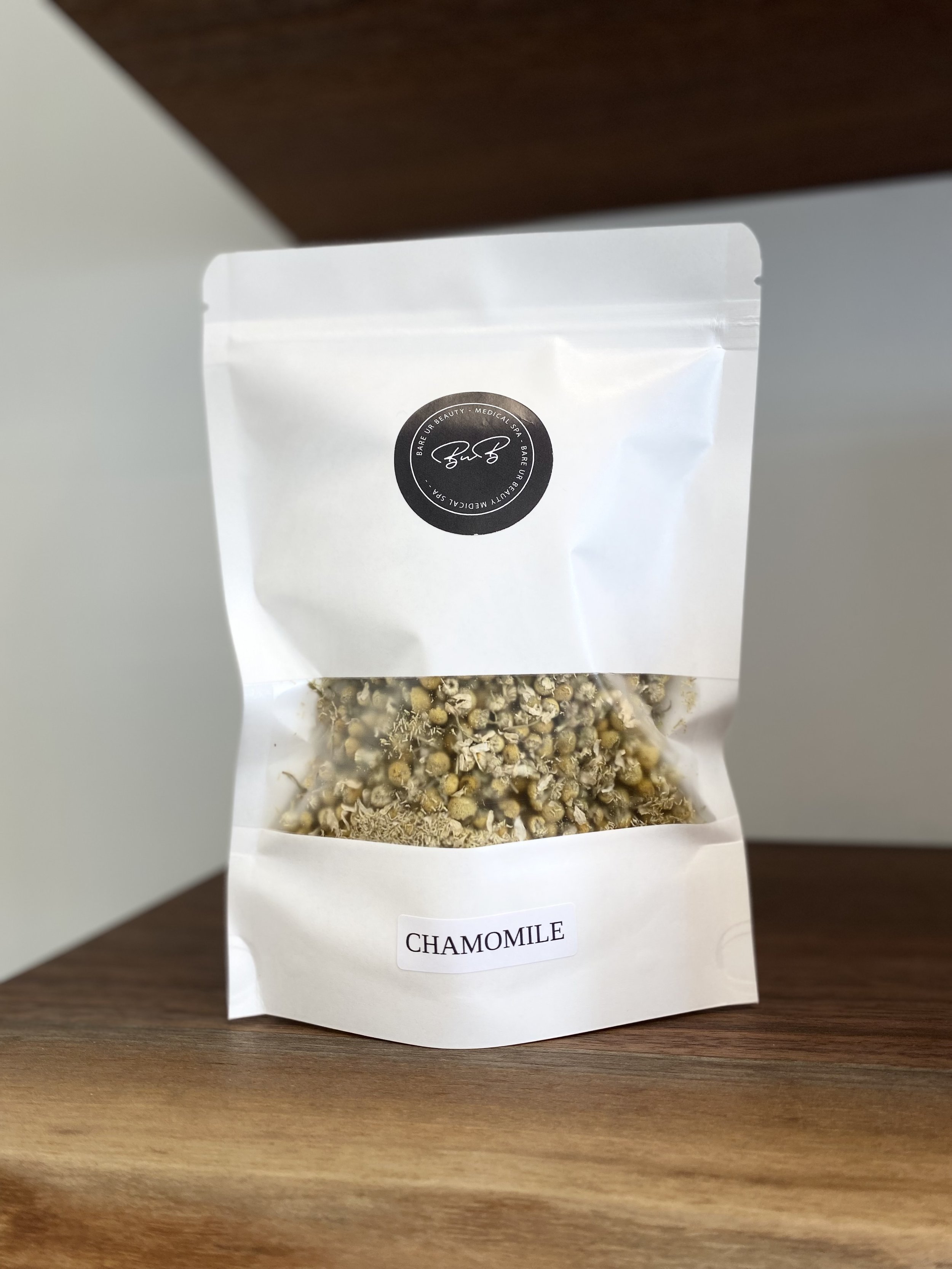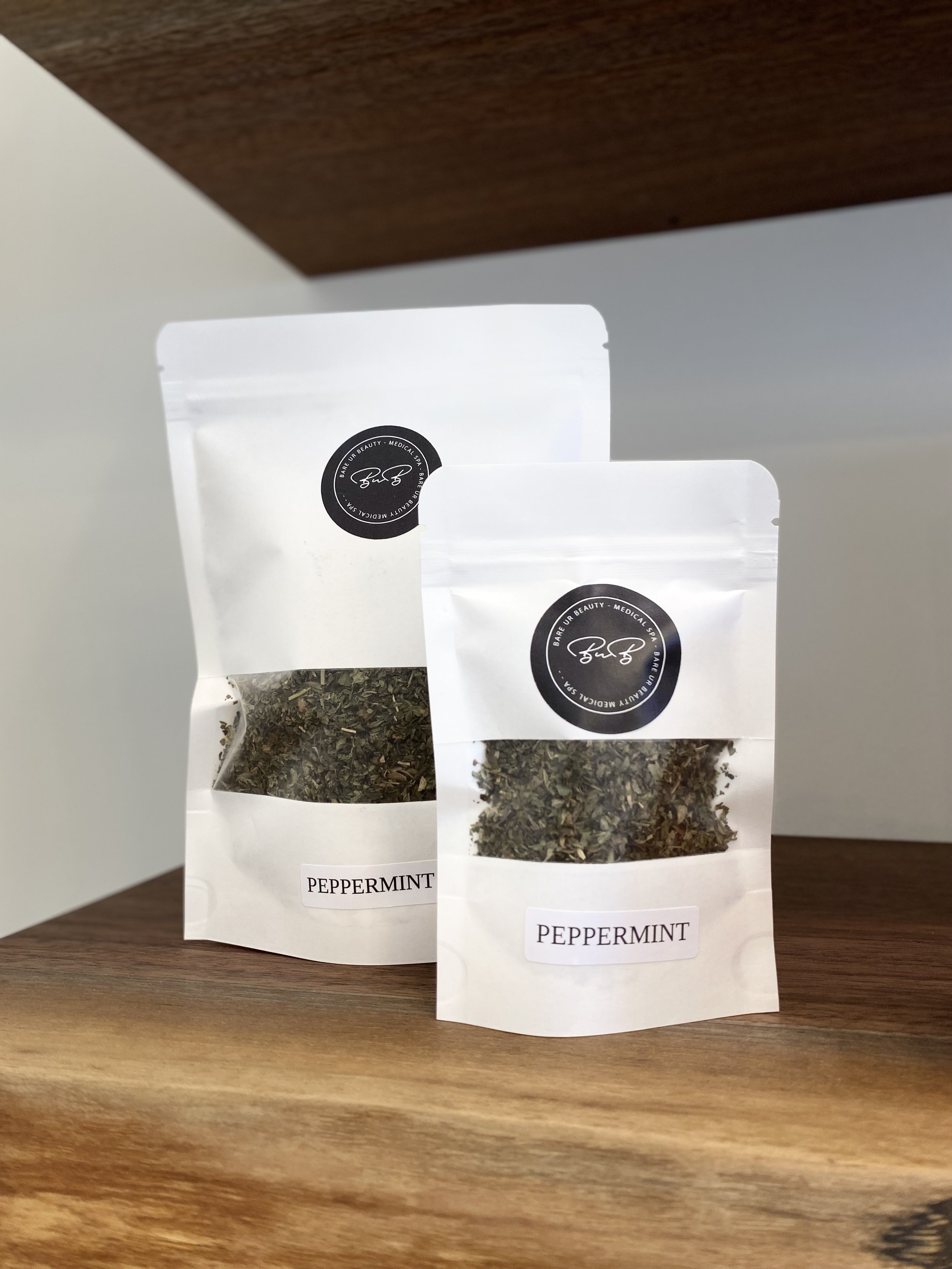Rose Petal Tea
Rose tea doesn’t only smell and taste delicious, it provides numerous health benefits too. Traditionally, rose tea has been used for aiding digestion, protecting the heart, fighting inflammation and relieving different types of pain.
Rose tea is naturally caffeine-free and thus could be a great replacement for some of the more common hot caffeinated beverages.
Rose tea is particularly rich in gallic acid. This antioxidant compound accounts for 10–55% of the tea’s total phenol content and is known to have anticancer, antimicrobial, anti-inflammatory, and analgesic effects.
Rose tea can also help with menstrual pain, including cramps and nausea, as well as assisting with psychological well-being.
Contra-indications: Avoid drinking rose petal tea if you have gallstones. Long term use of rose may lead to constipation and dryness. Rose tea may interact with certain medications such as blood thinners and anti-depressants.
Rose tea doesn’t only smell and taste delicious, it provides numerous health benefits too. Traditionally, rose tea has been used for aiding digestion, protecting the heart, fighting inflammation and relieving different types of pain.
Rose tea is naturally caffeine-free and thus could be a great replacement for some of the more common hot caffeinated beverages.
Rose tea is particularly rich in gallic acid. This antioxidant compound accounts for 10–55% of the tea’s total phenol content and is known to have anticancer, antimicrobial, anti-inflammatory, and analgesic effects.
Rose tea can also help with menstrual pain, including cramps and nausea, as well as assisting with psychological well-being.
Contra-indications: Avoid drinking rose petal tea if you have gallstones. Long term use of rose may lead to constipation and dryness. Rose tea may interact with certain medications such as blood thinners and anti-depressants.
Rose tea doesn’t only smell and taste delicious, it provides numerous health benefits too. Traditionally, rose tea has been used for aiding digestion, protecting the heart, fighting inflammation and relieving different types of pain.
Rose tea is naturally caffeine-free and thus could be a great replacement for some of the more common hot caffeinated beverages.
Rose tea is particularly rich in gallic acid. This antioxidant compound accounts for 10–55% of the tea’s total phenol content and is known to have anticancer, antimicrobial, anti-inflammatory, and analgesic effects.
Rose tea can also help with menstrual pain, including cramps and nausea, as well as assisting with psychological well-being.
Contra-indications: Avoid drinking rose petal tea if you have gallstones. Long term use of rose may lead to constipation and dryness. Rose tea may interact with certain medications such as blood thinners and anti-depressants.

